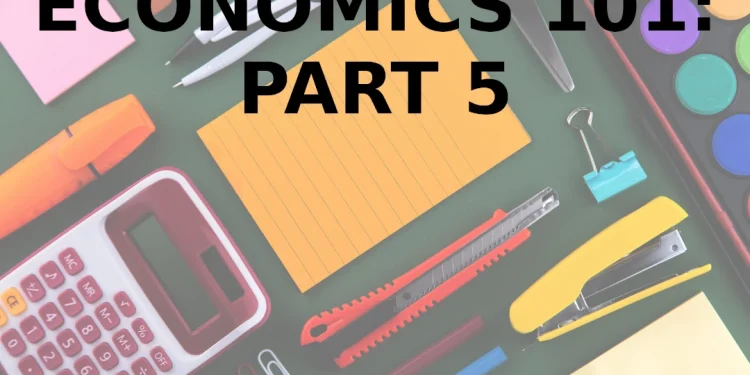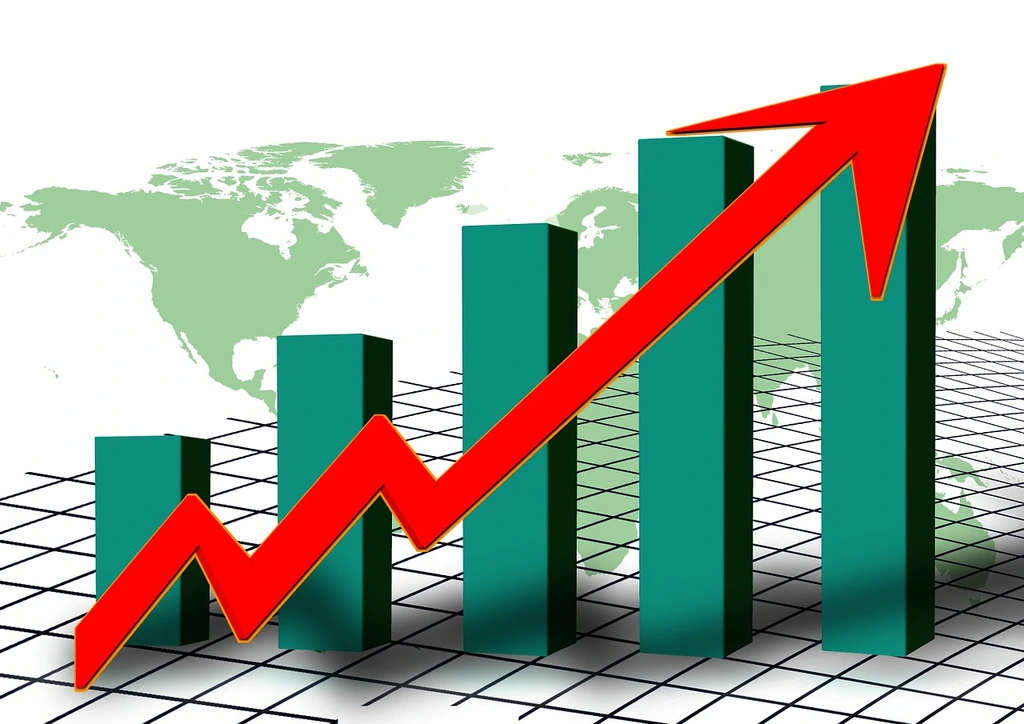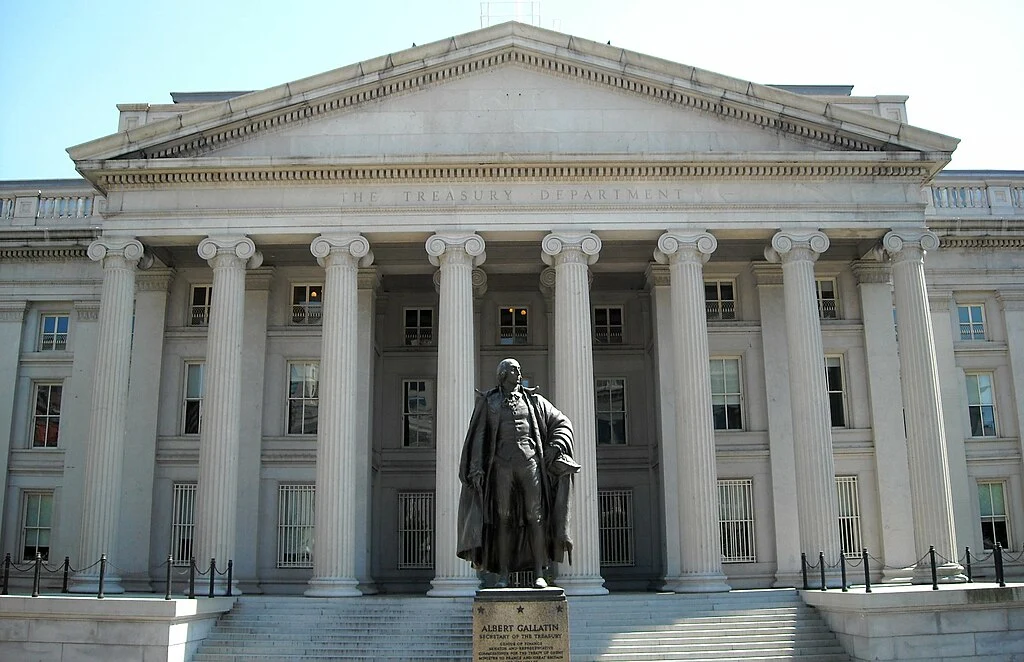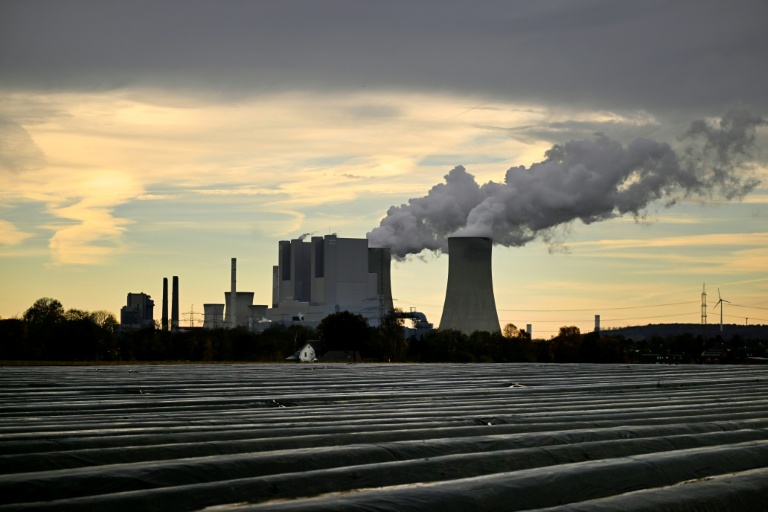Welcome to the Economics 101 series in which we will go over the most basic concept in economics that everyone should understand. The series of articles contains discussions about the following subject:
- Supply and Demand
- Opportunity Cost
- Scarcity
- Cost-Benefit Analysis
- Incentives
- Elasticity
- Market Structures
- Gross Domestic Product (GDP)
- Inflation and Deflation
- Fiscal and Monetary Policy
This is part four in which we will discuss the basics of incentives.
The Power of Incentives
When it comes to understanding economics, one concept stands out as the driving force behind all human behavior – incentives. Incentives play a crucial role in shaping our decisions, actions, and ultimately, the functioning of the entire economy.
Whether we are aware of it or not, incentives are present in every aspect of our lives. From the choices we make as consumers to the decisions made by governments, incentives have a profound impact on the outcomes we observe. In this article, we will explore the power of incentives and how they shape economic behavior.
What are Incentives?
At its core, an incentive is a reward or punishment that influences an individual’s behavior. It can be tangible or intangible, monetary or non-monetary. The key aspect of incentives is that they motivate individuals to act in a certain way.
For example, imagine a company offers its employees a financial bonus for meeting specific sales targets. This monetary incentive encourages employees to work harder and be more productive in order to earn the bonus. Similarly, a government might offer tax breaks to businesses that invest in renewable energy sources. This incentive encourages companies to adopt environmentally friendly practices.
The Role of Incentives in Economics
Economics is the study of how individuals, businesses, and societies make decisions in the face of scarcity. Incentives play a central role in this decision-making process. People respond to incentives because they shape the costs and benefits associated with their choices.
When the cost of a particular behavior is lowered or the benefit is increased, individuals are more likely to engage in that behavior. Conversely, when the cost is increased or the benefit is reduced, individuals are discouraged from engaging in that behavior.
Consider the example of a government imposing a tax on cigarettes. By increasing the cost of smoking, the government aims to deter people from this unhealthy habit. The higher price acts as a disincentive, making smoking less attractive and potentially leading to a decrease in consumption.
Incentives and Markets
Incentives also play a significant role in the functioning of markets. Markets are mechanisms that allow individuals to voluntarily exchange goods and services. The prices of goods and services in a market signal the underlying incentives at play.
For instance, if the demand for a particular product increases, the price tends to rise. This price increase signals to producers that consumers value the product more and are willing to pay a higher price for it. As a result, producers are encouraged to increase their production to meet the demand and potentially earn higher profits.
Conversely, if the demand for a product decreases, the price tends to fall. This signals to producers that consumers are less interested in the product and they may need to adjust their production levels accordingly. In this way, prices act as powerful incentives that guide the allocation of resources in the economy.
The Unintended Consequences of Incentives
While incentives can be powerful drivers of behavior, they can also lead to unintended consequences. Sometimes the actions taken to achieve the desired incentive undermine the intended goal.
A classic example of this is the Cobra Effect, which originated during British rule in colonial India. The government offered a reward for every dead cobra brought in, with the aim of reducing the cobra population. However, instead of accomplishing its intended purpose, people started breeding cobras to collect the reward. When the government discovered this, the incentive was removed, resulting in the released cobras reproducing and increasing the overall population.
This example highlights the importance of thoughtful design when creating incentives. It is crucial to consider the potential unintended consequences and adjust the incentives accordingly.
Incentives Shape Our World
Incentives are a powerful force that shapes our world. They influence our decisions as individuals, the behavior of businesses, and the policies pursued by governments. Understanding the role of incentives allows us to better analyze and predict economic behavior.
So, the next time you make a decision or observe an economic outcome, consider the incentives at play. They may just hold the key to understanding why things work the way they do in the complex world of economics.






















